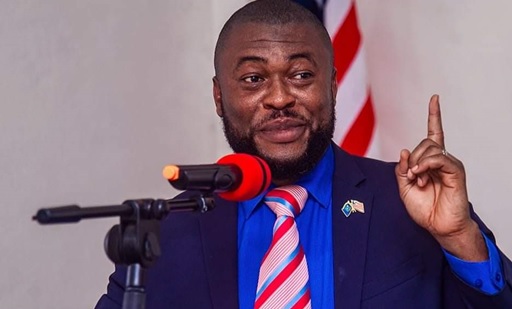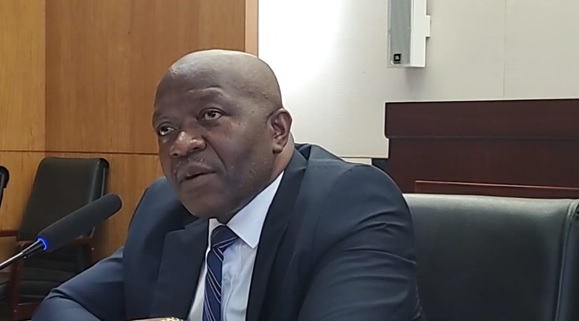MONROVIA, LIBERIA – A new demographic study of Liberia’s civil service has exposed significant gender disparities, an aging workforce, and educational shortcomings, highlighting the need for comprehensive reforms to ensure the public sector remains effective and inclusive.
Data from the Civil Service Agency (CSA) reveals that of the 42,076 employees, 69.28% are male, while only 30.72% are female, indicating a stark gender imbalance. This underrepresentation of women calls for targeted efforts to promote gender equity and ensure fair opportunities for women in the workplace. The CSA has made gender equity a key priority, recognizing its importance for building a civil service that truly represents Liberia’s diverse population.
CSA Director General Josiah Joekai emphasized, “Prioritizing gender equity is not just about fairness; it’s about creating a workforce that reflects the broad aspirations of all Liberians.” He noted that empowering women would strengthen the civil service and enhance governance.
The analysis also highlighted troubling age disparities within the civil service. A large proportion of workers (17,874) fall within the 46-60 age bracket, with another 13,387 aged 36-45. However, only 363 employees are between 18 and 25, pointing to a significant gap in attracting and retaining younger professionals. The aging workforce, with a notable number of employees nearing retirement age, presents concerns about the loss of institutional knowledge and the need to cultivate a new generation of civil servants. The CSA is actively working on strategies to recruit and retain young talent to ensure a dynamic and capable public sector.
Additionally, the civil service’s educational profile raises further concerns. While 9,783 employees hold bachelor’s degrees and 1,885 have graduate qualifications, a substantial portion of the workforce remains under-educated. Over 9,200 employees lack a high school diploma, and 6,281 have only completed high school, creating a skills gap that limits the civil service’s ability to address evolving governance needs.
Director General Joekai reaffirmed the CSA’s commitment to closing this educational gap through training and development initiatives aimed at improving workforce competencies. “The skills gap is a significant barrier to effective governance,” he stated, adding that investing in capacity-building will empower civil servants to meet Liberia’s challenges more effectively.
These findings highlight the need for urgent reforms within Liberia’s civil service. By focusing on gender equity, youth inclusion, and skill development, the CSA aims to modernize the workforce, ensuring it is capable, diverse, and inclusive. With strategic investments in human resource development, Liberia’s civil service can play a key role in the country’s long-term progress and national development.







